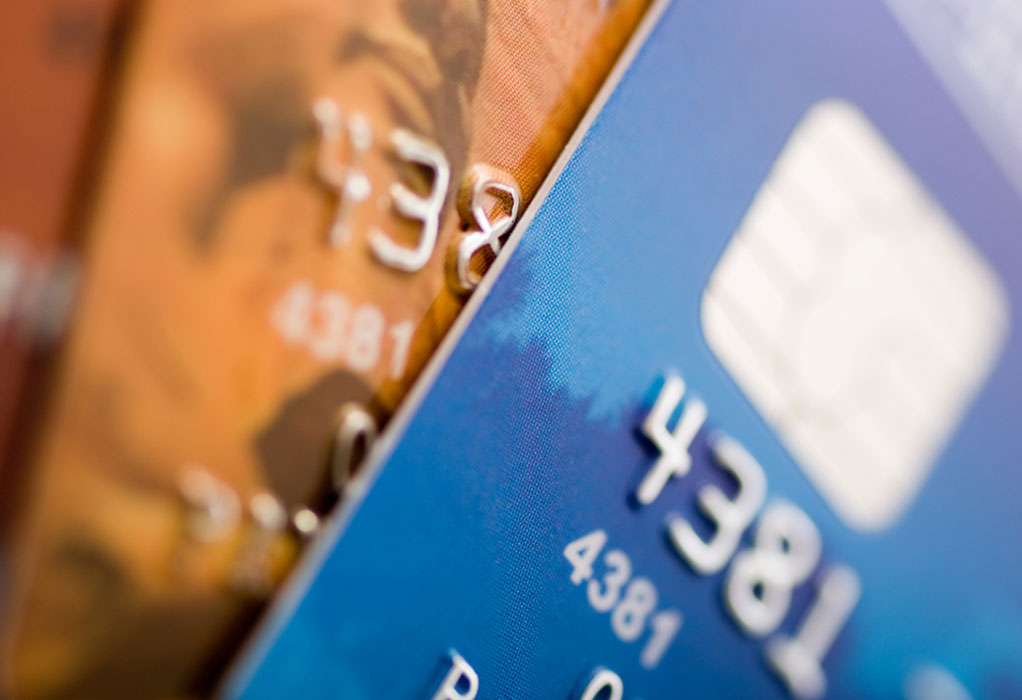How to get a credit score
If you are wondering, “how to get my credit score?”, then don’t fret as you can get a free credit score report every twelve months from the credit agencies in the country. You need to give them your name, address, social security number and date of birth to identify yourself. You can get a credit score from a credit card company and also from a loan statement, non-profit counselor or credit reporting agency.

There are more than one credit score reports, which are calculated by the information found in your credit report. The three large credit reporting companies will have three different reports. Each lender uses a different method on how to get your credit score.
7 ways that can help get your credit score
- Check credit card or other loan statements
Major credit card companies and a few auto loan companies are providing credit scores to their customers on a monthly basis. The score is projected in your monthly statement. You can also log into your account online to check your credit score. - Non-profit counselor
Non-profit counselors and housing counselors provide a free credit report and score. - Credit score service
Many services and websites advertise for a “free credit score.” Some sites are funded through advertising and do not charge a fee. Other sites require that you sign up for a credit monitoring service which has a monthly subscription so that you can receive your score. Before you sign up try one of these services, make sure you know what you are signing for and how much it will really cost. - Buy a score
You can buy a score directly from the credit reporting companies. You can buy your FICO score on their website myfico.com. You can buy it elsewhere too, and you do not need to purchase other services offered along with this. The scores generated here are used by the lenders and give instant approval to loans. Some sources provide credit score which is educational”credit score. For many, the educational score is close to the scores lenders use, but they are very different. - Contact credit bureaus
Fill the form, answer the security questions and give credit card information. You can directly purchase the report and score from the bureaus’ website. These are TransUnion, Equifax, and Experian. You need to give personal information before you access the score. They need you to answer a few questions, including your mortgage payment and social security number. Errors will affect your score and should be reported immediately. - Credit monitoring services
Go to credit bureaus and choose a service. They charge a fee for the report and score. They are helpful to identity theft victims. They monitor the credit reports carefully. It is available through all credit bureaus. The third party also offer similar programs just make sure the companies are legitimate. Many services allow consumers to update the score on a monthly basis. Get daily alerts, protection for stolen cards, insurance for identity theft and abuse of credit score. - Free annual credit report
Go to www.annualcreditreport.com, fill the form and answer the questions. Select the state and enter accurate information. Expect to answer several trick questions about any mortgages or loans taken, credit card information, and personal information. Print each report and study the projected data. If you look at an inaccurate entry contact the bureau.
Things to see on your credit report
- Account history is your payment history, the status of real estate, installments revolving credit accounts.
- A credit check by a lender is called a hard inquiry and shows up on your credit report. This includes loan payment defaults, late payments, and delinquencies, charge-offs, public records, and collections.
- Stick to buying credit reports from FICO or the three major agencies.
Importance of a good credit score
- Getting a loan with a credit score is easy. Those with bad credit find it challenging to get a mortgage, loan, credit card. Even if you get a lender, you will have to pay a higher interest.
- Some employers check your credit score for major problems like missed payments, legal liabilities, etc. Regulatory agencies refuse to give license to professionals with poor credit.
- Your insurance rate may be lower due to a good credit score. You have to pay less for a car and property. Bad credit makes you a risky customer.
- A credit score can help you launch a small business with your personal credit report/score. It may be all that is required of you when you need to borrow money for a small business. A bad credit score makes this extremely tough.
- It can help you get an apartment as any prospective landlord may refuse to rent to you or charge a higher rent if you have bad credit because they will be worried you won’t pay the rent on time.
- It can be easier get your utilities linked. If you have good credit, you won’t have any issues getting the electric or cable company out to your house. A bad credit account will mean that you’ll have to hold onto a deposit or submit a written statement of guarantee before the amenities associated with electricity, gas, water, phone, or internet is activated.